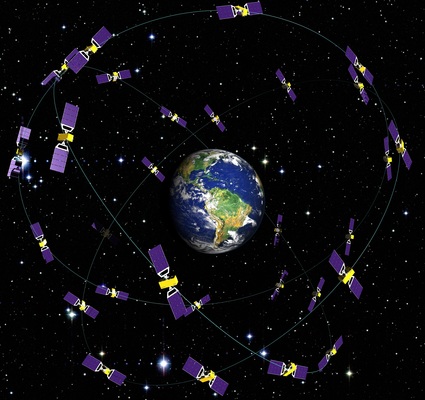
In
the last years satellite constellations are replacing the usage of a single
spacecraft in the planning of space missions. One of the most notable examples
is Global Navigation Satellite Systems (GNSS), such as GPS and Galileo, which
offers navigation services throughout the globe. Moreover, new space missions
are planning to launch constellations made of hundreds and thousands of
satellites.
The research addresses the development of a system-level engineering approach
for the design of GNSS and their performance analysis improving the existing
models for the coverage area determination and precise positioning considering
also the impacts of failure modes.
Research outcomes
- Improvement of the coverage area determination technique using an oblate ellipsoidal model to represent the shape of the Earth
- Analysis of the effects of attitude perturbations on the GNSS position determination
- Assessment of the impacts of transient and permanent failures onboard of the satellites on the GNSS performance
Scientific production
- M. Nugnes, C. Colombo, M. Tipaldi, “A System Engineering Tool for the Optimisation of a GNSS Constellation Design,” 5th IEEE International Workshop on Metrology for Aerospace, Rome, Italy, 20-22 June 2018. Download PDF.
Advisors
- Camilla Colombo
- Massimo Tipaldi
Researcher
